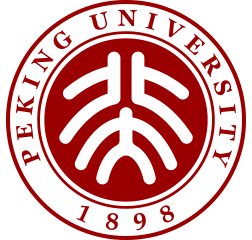
We are confronted with numerous development challenges, including global warming, escalating superpower rivalry, pronounced social conflicts, and the simultaneous presence of industrial surplus and resource scarcity. This raises the question: Should humanity initiate an interstellar Age of Exploration, akin to the Age of Discovery 600 years ago, to broaden our horizons and advance civilization? In this pursuit, satellite networks are crucial, serving as the foundation for extending Earth's habitable space. Despite significant advancements in communication technology, 80% of Earth's terrestrial areas and 90% of its oceans lack network coverage. This disparity compels we researchers to innovate in satellite technology, aiming for widespread benefits for humanity.
In striving for this ambitious vision, global entities like SpaceX’s Starlink, Europe’s OneWeb, and China Satellite Network Group (CSCN) are intensely competing for innovation. Yet, the high entry barriers, substantial costs, and numerous uncertainties in space technology prevent many eager institutions and companies from addressing critical survival issues.
At Beijing University of Posts and Telecommunications (BUPT), we contemplate our potential contributions to human progress. We welcome more members to join us in forwarding satellite technology and tackling these challenges together. Our goal is to establish the Tiansuan Constellation, an open service platform for in-orbit experiments. The Tiansuan Constellation aims to benefit humanity, target the forefront of research and international leadership, promote open-source culture and adhere an collaboration model between industry and academia.


.png)
